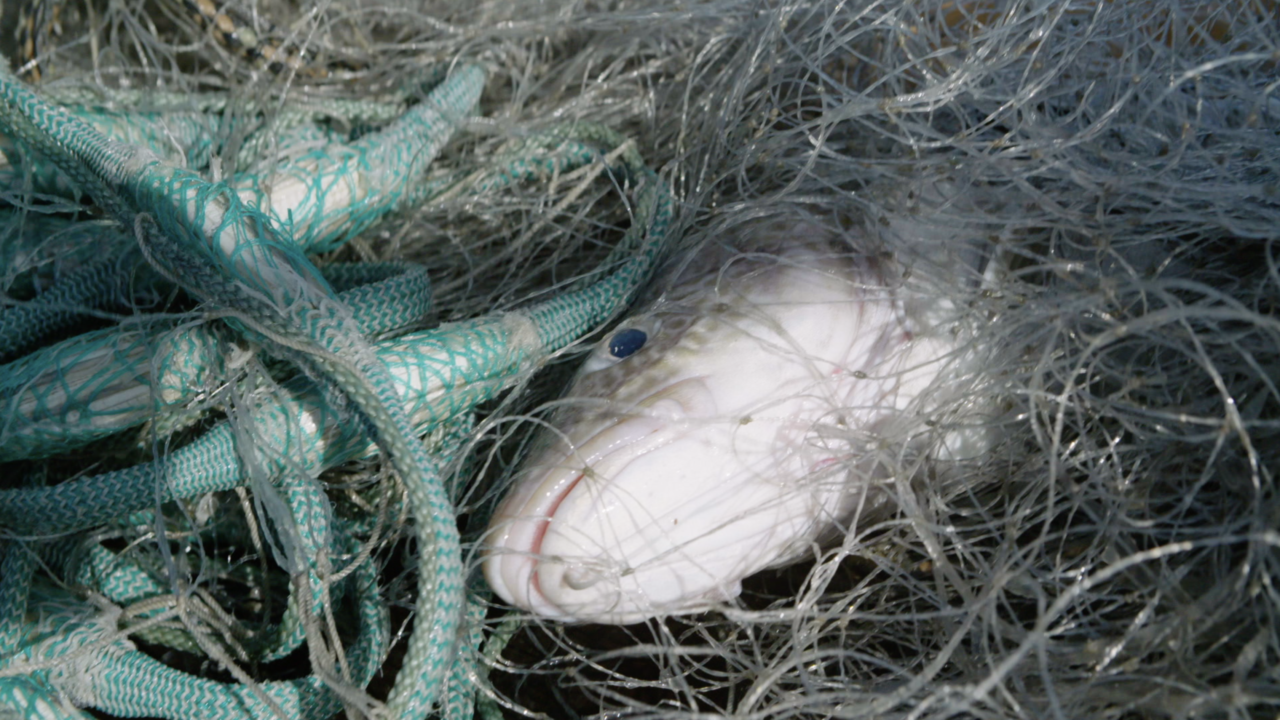
It’s now been scientifically proven. If you stop fishing, the number of fish increases! A new report from the Swedish University of Agricultural Sciences (SLU) confirms that no-take zones enhance fish populations and combat the effects of eutrophication.
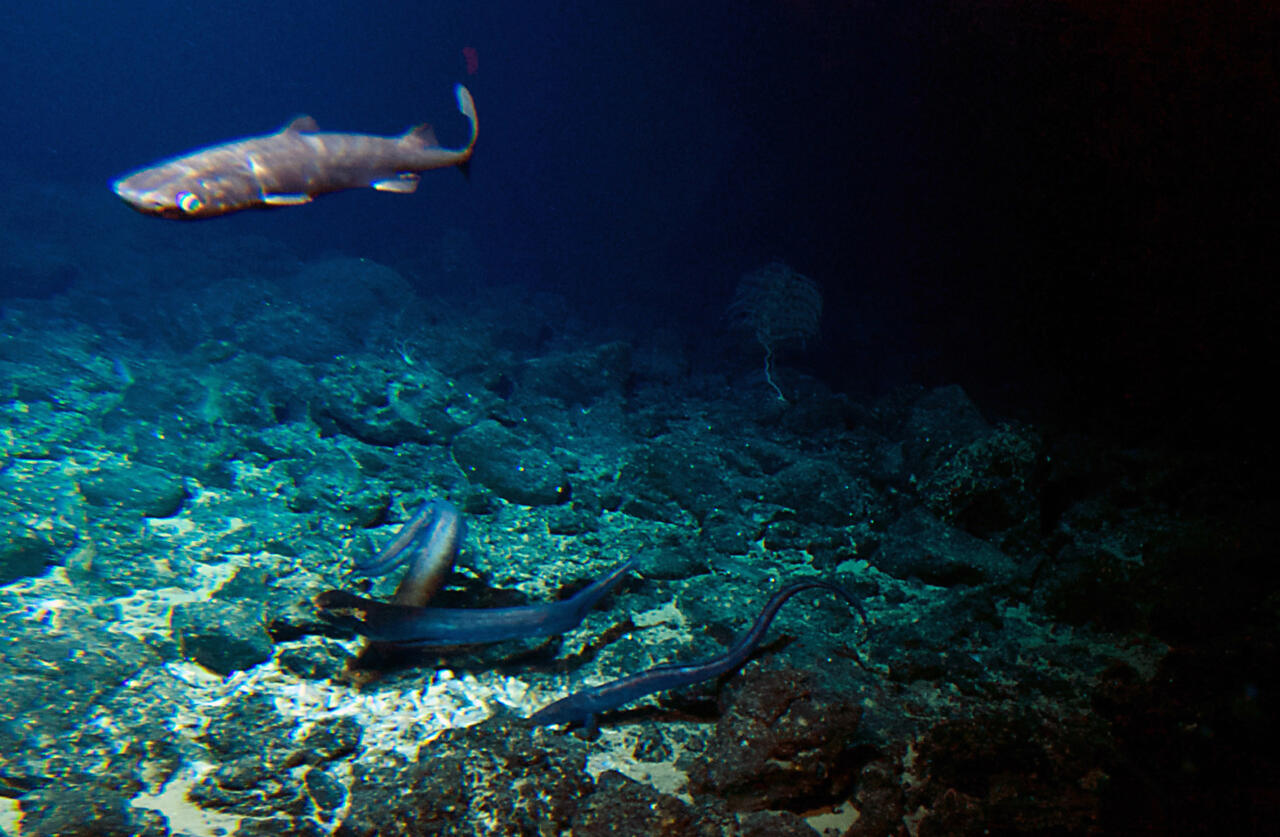
Soon a decision will be made about mining at the deepest bottom of the world's oceans. Major stakeholders are in the starting blocks
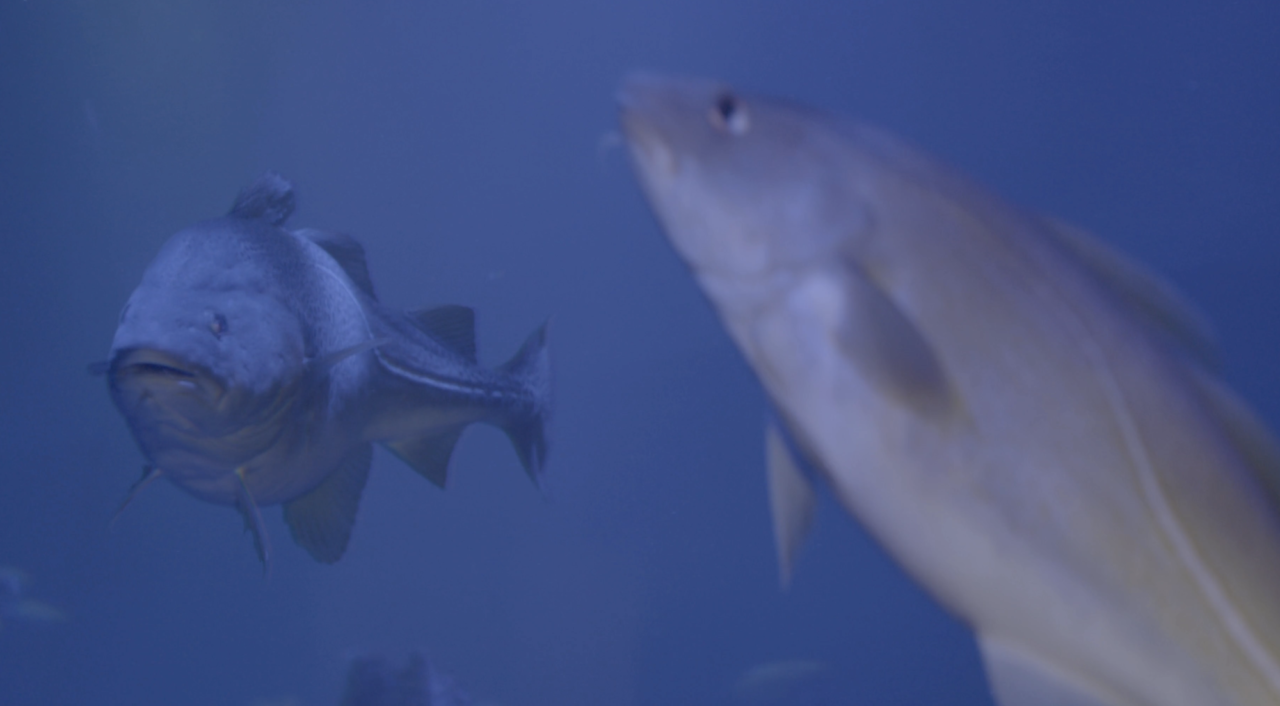
In the ReCod project in Ar on Gotland, they have now succeeded in getting cod to spawn in captivity. This by trying to imitate the cod's natural environments in the laboratory. During the summer of 2022, it will therefore be possible to release around 1 million cod larvae in three different places in Sweden
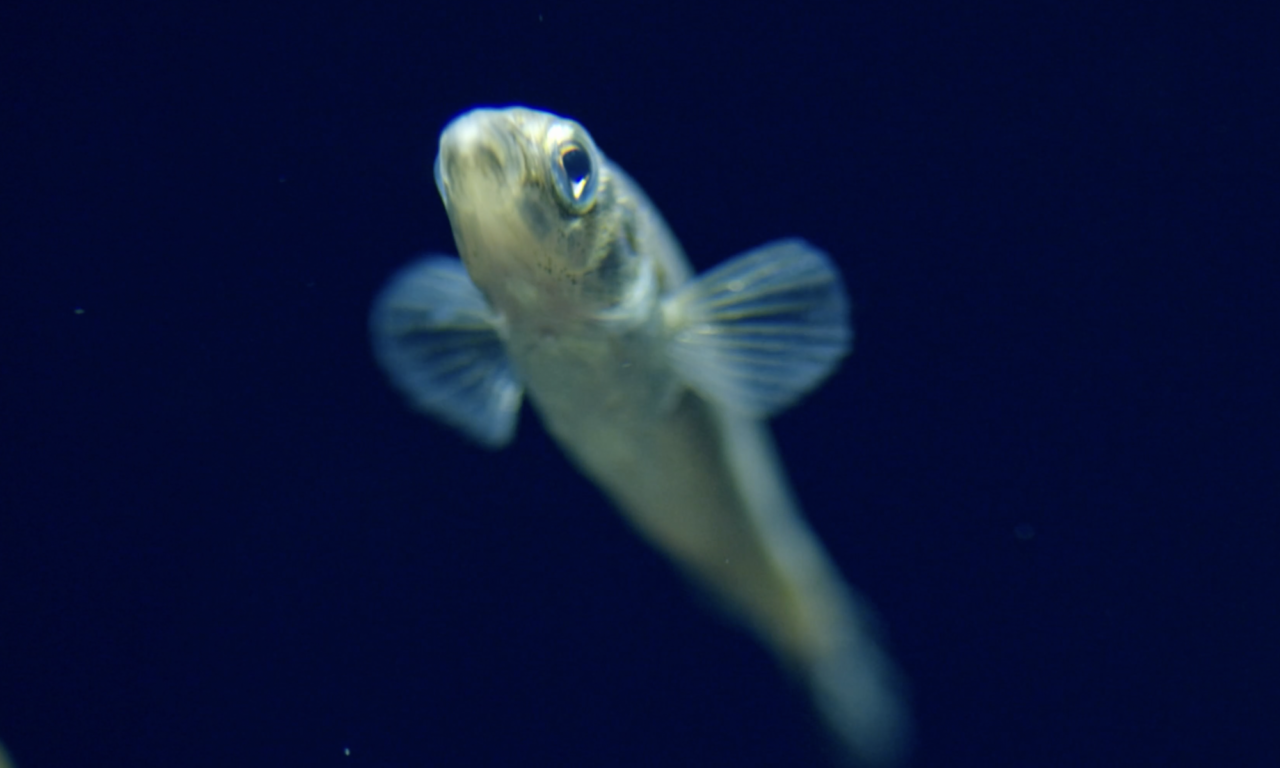
Now it is scientifically confirmed. The number of herring fry is dramatically decreasing in the Stockholm archipelago. Scientists suspect that large-scale industrial fishing is largely to blame for the disappearance of herring. Today, the big stickleback reigns: "It's like a locust invasion," says Gustaf Almqvist, a fishing expert at the County Administrative Board in Stockholm.
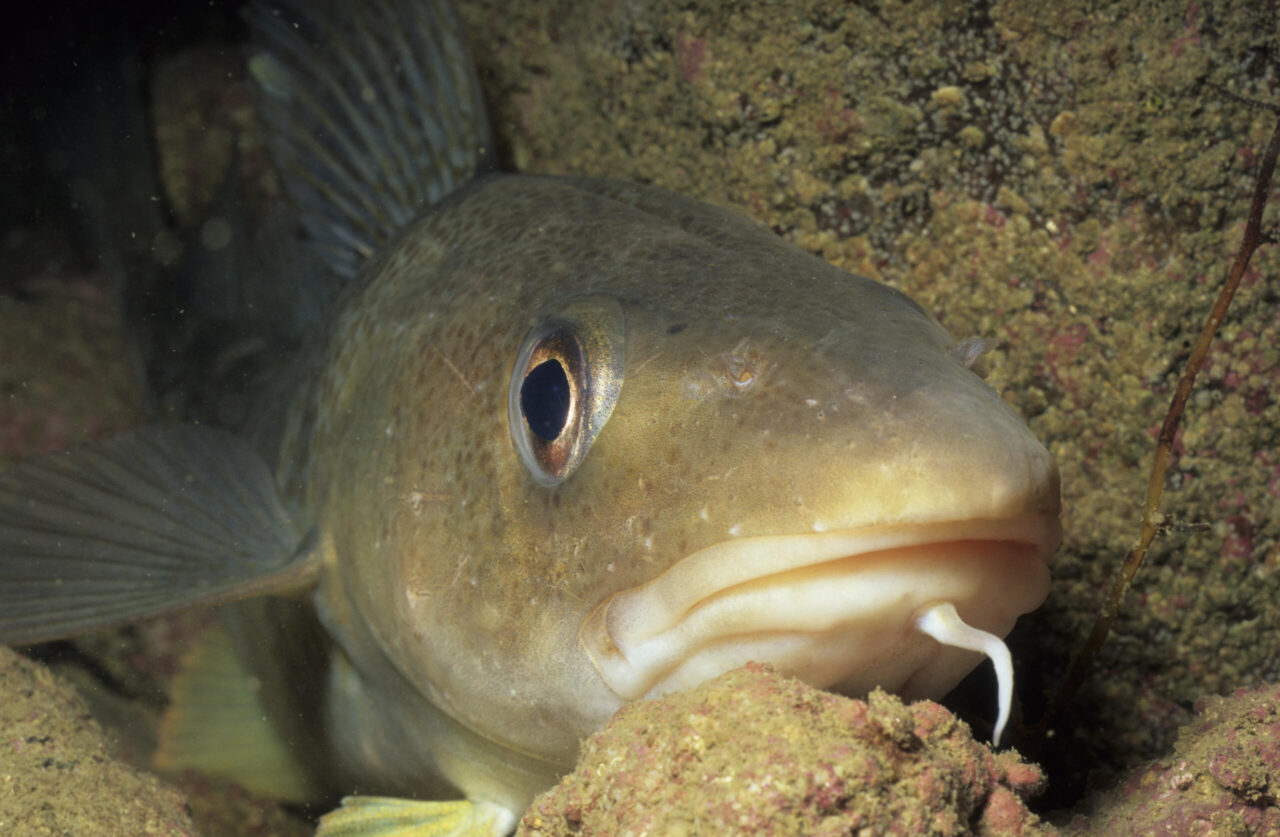
Supergenes help many species adapt to life in different environments. They are found, for example, in cod, where stocks can live at different depths, and in different temperatures and salinities. Even humans have supergenes – but not much is known about them yet
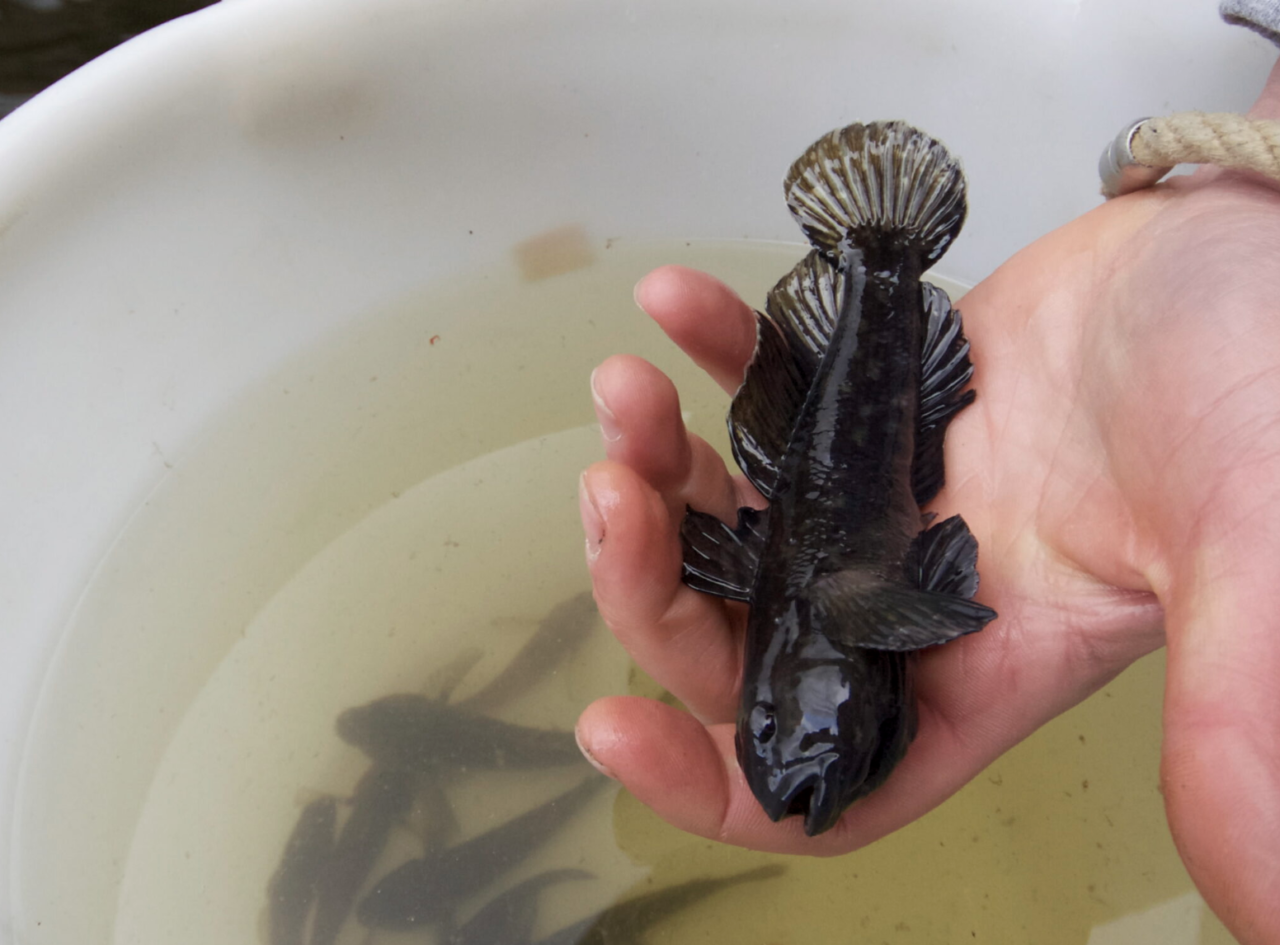
The black-mouthed goby was first discovered in Swedish waters in 2008. Today, it is common in many areas and there is every indication that it is here to stay. But what makes the fish so successful? And what will be its impact on marine ecosystems?
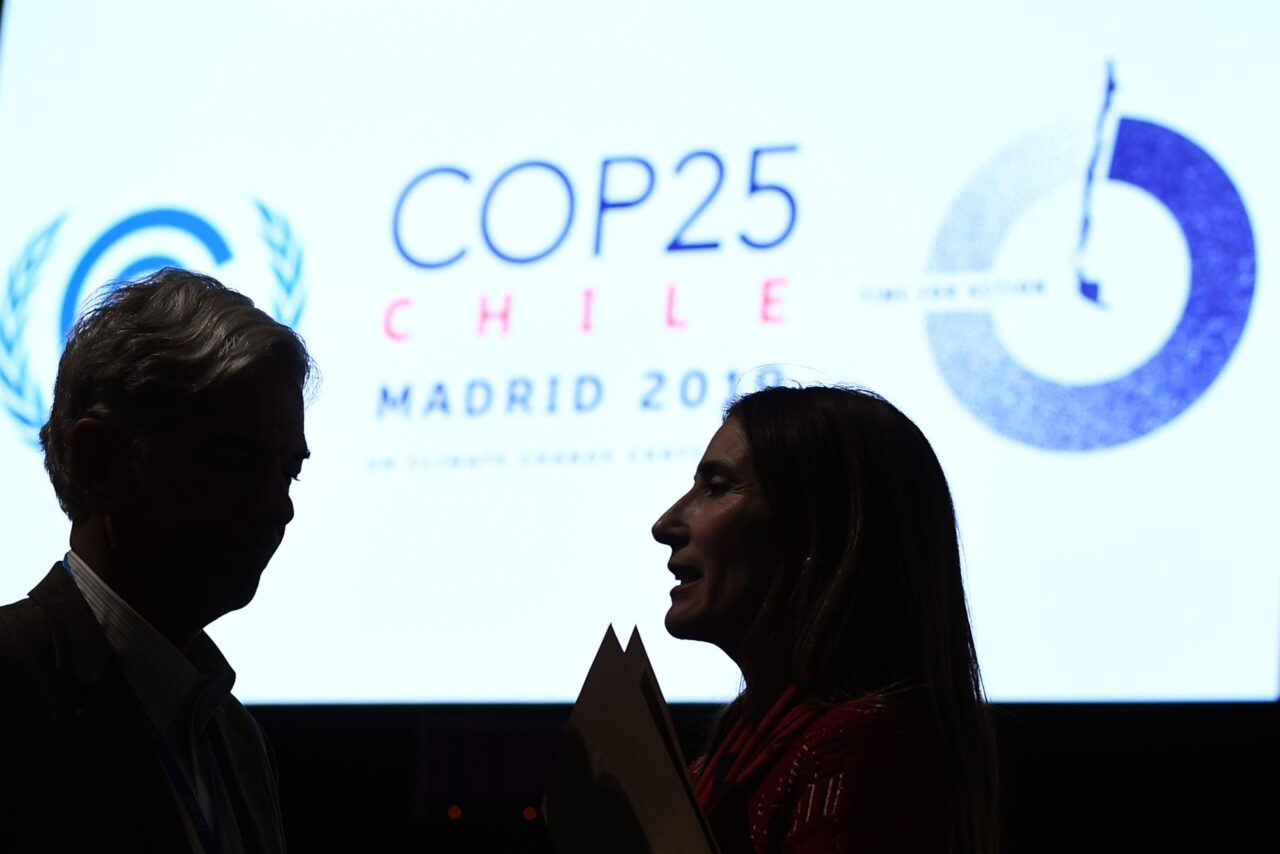
"The sea is the solution to the entire climate issue. If we do not get it, then we have lost the opportunity to deal with the climate issue", says environmental lawyer Lena Gipperth
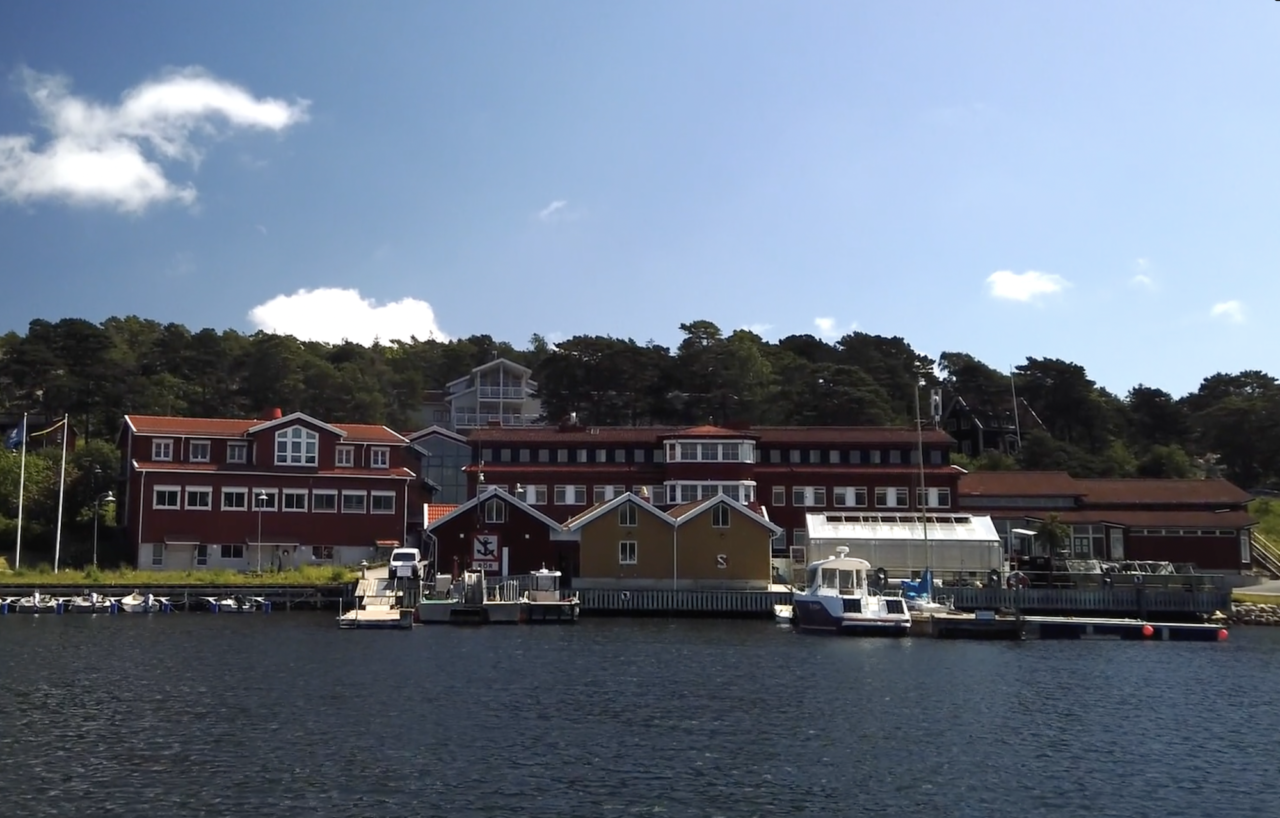
Deep Sea Reporter has visited one of the important institutions in Swedish ocean research. Researchers Kerstin Johannesson and Ann Larsson show us around and talk about the activities conducted at Tjärnö Marine Laboratory south of Strömstad

"We know approximately how much the fish poop, how much carbon it contains and also how quickly the feces reach the bottom. Against this background, we therefore wanted to investigate how much impact commercial fishing has on carbon storage in the ocean", says Daniele Bianchi from the University of California
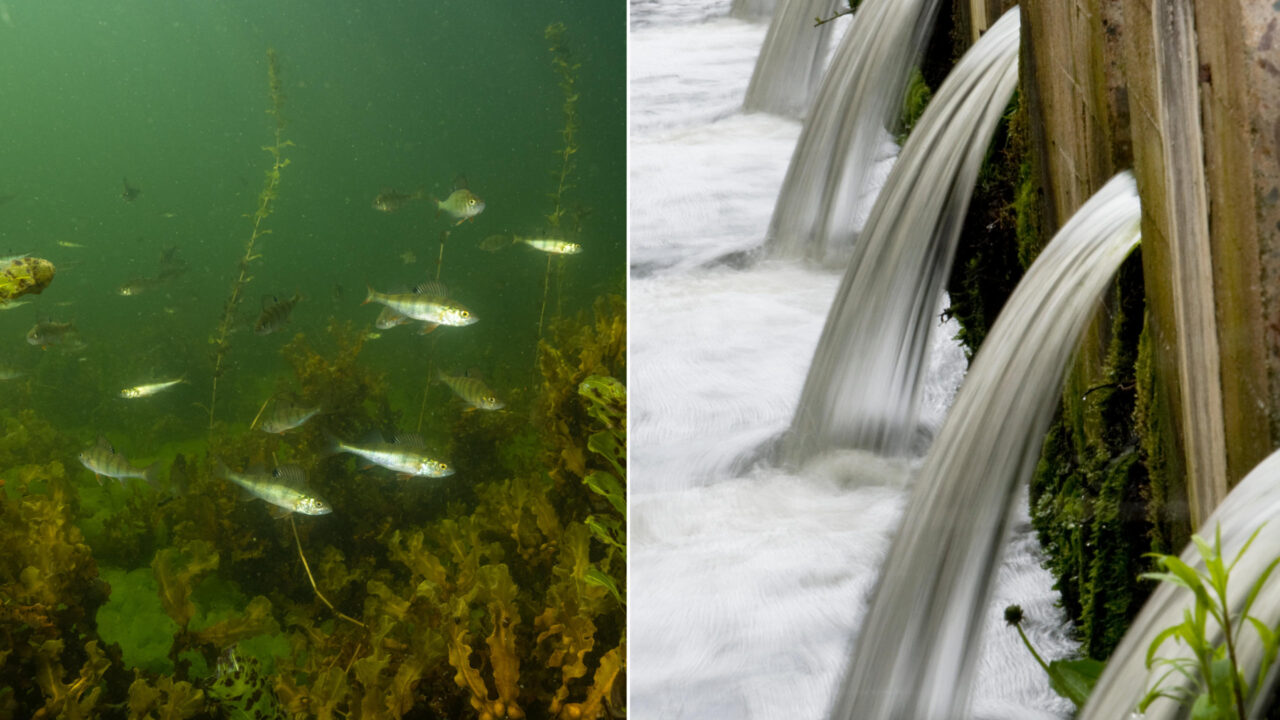
Researcher Erin McCallum will investigate whether fish seek out water discharged from treatment plants, and how they may be harmed by it

In the past, we used reeds as both feed, fertilizer and building material. But in modern times, it has mostly been seen as a weed, which you would like to get rid of. During the drought in 2018, researchers were wondering how to reintroduce the reeds to agriculture?
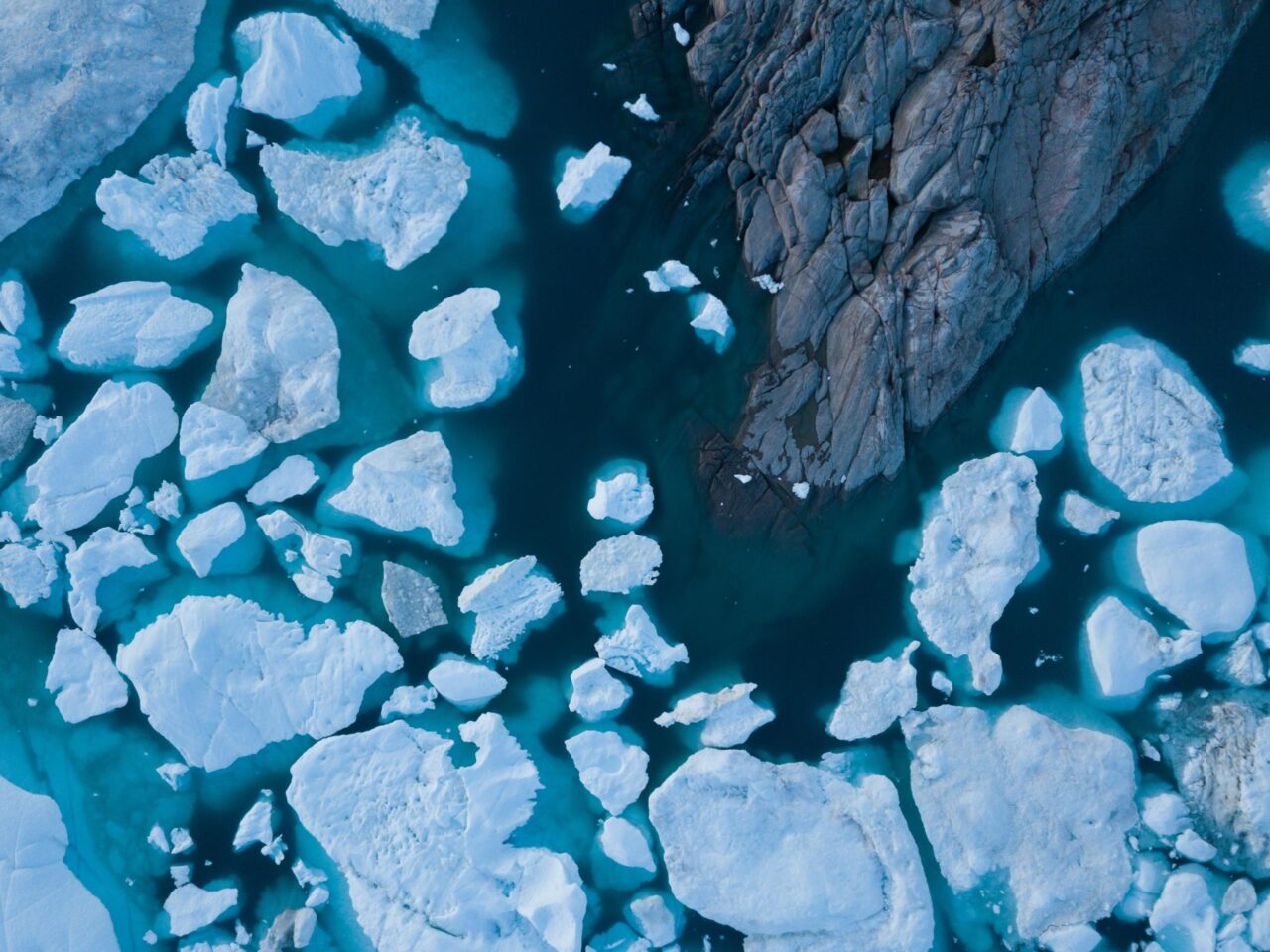
How are we affected by the oceans getting warmer?
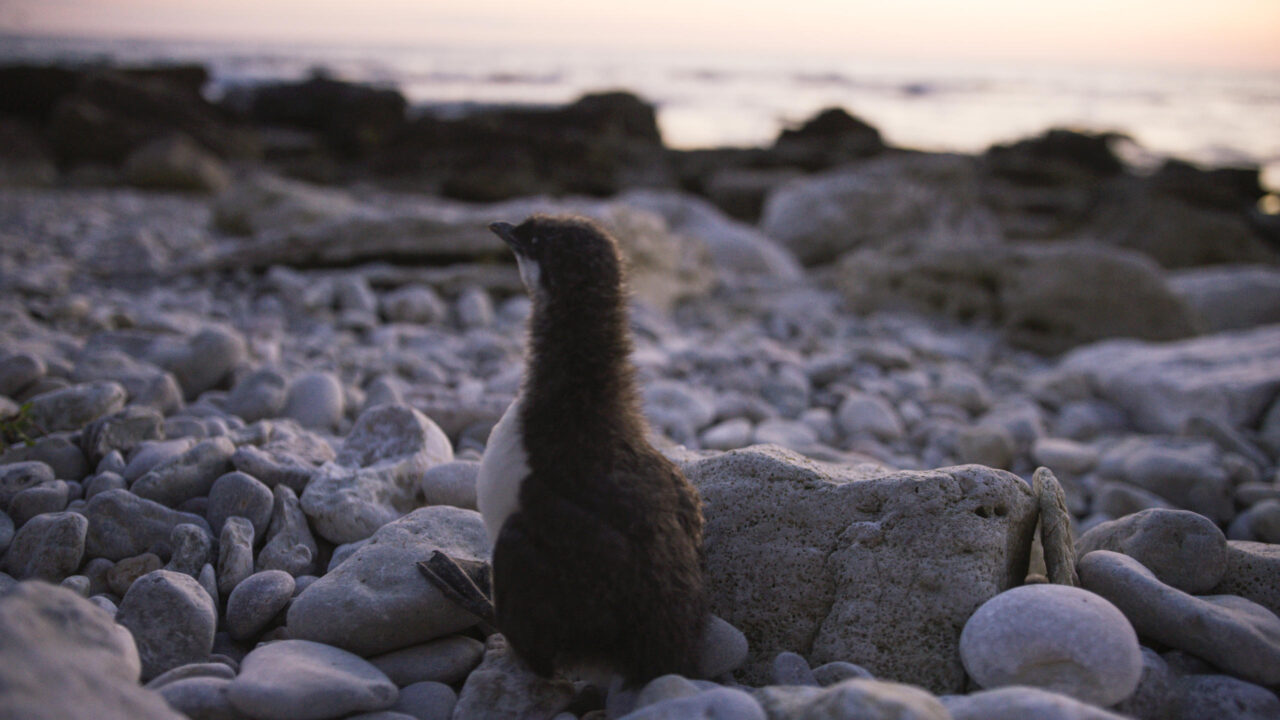
For a few weeks in late June and early July, thousands of baby birds jump from the cliffs of Stora Karlsö – before they have learned to fly
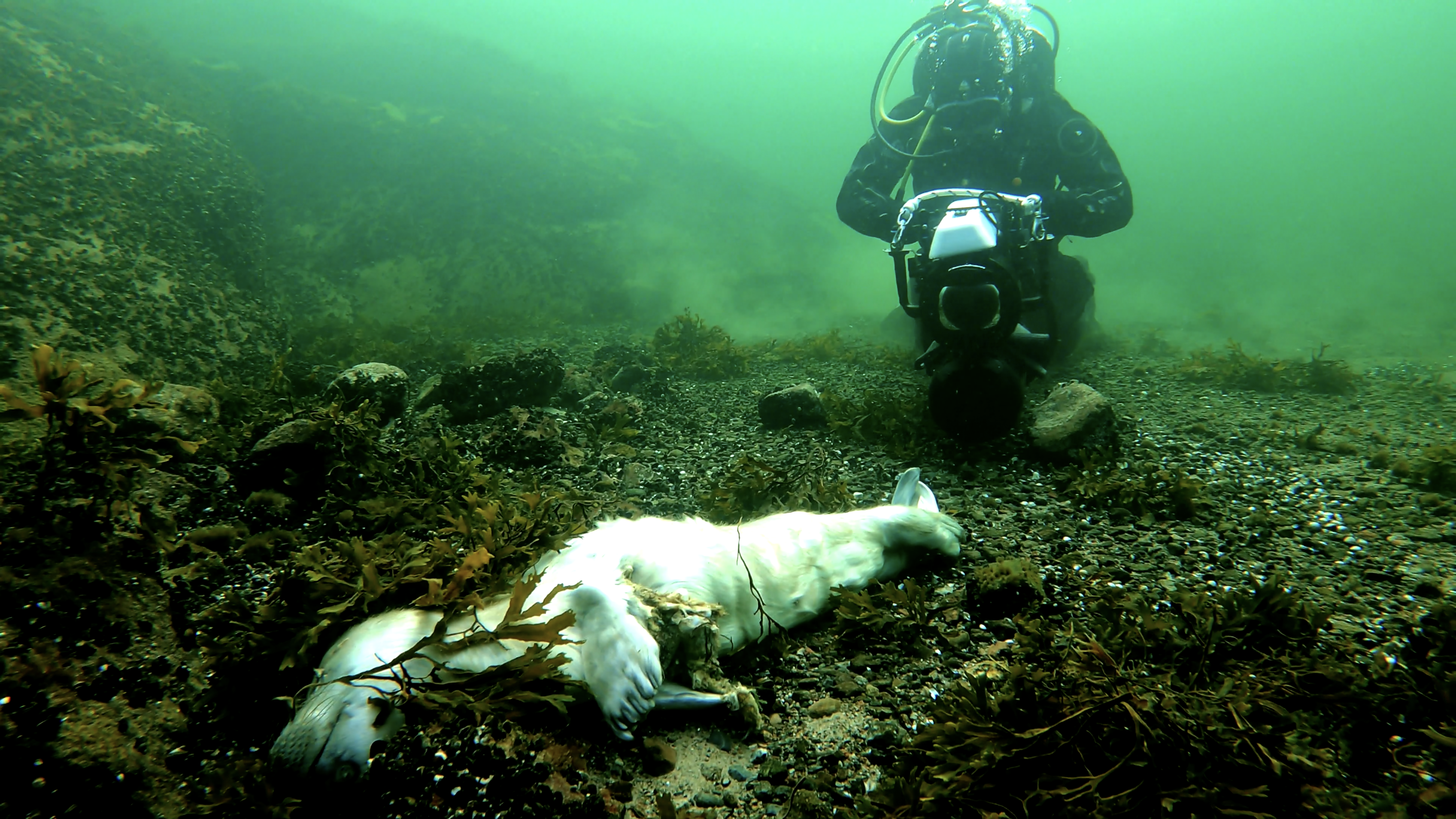
In one of our recordings this spring, the researchers brought four dead seals to investigate the causes of death. Wildlife pathologist Elina Thorsson has now autopsied the dead cows, and in this follow-up report we get to take part of the results
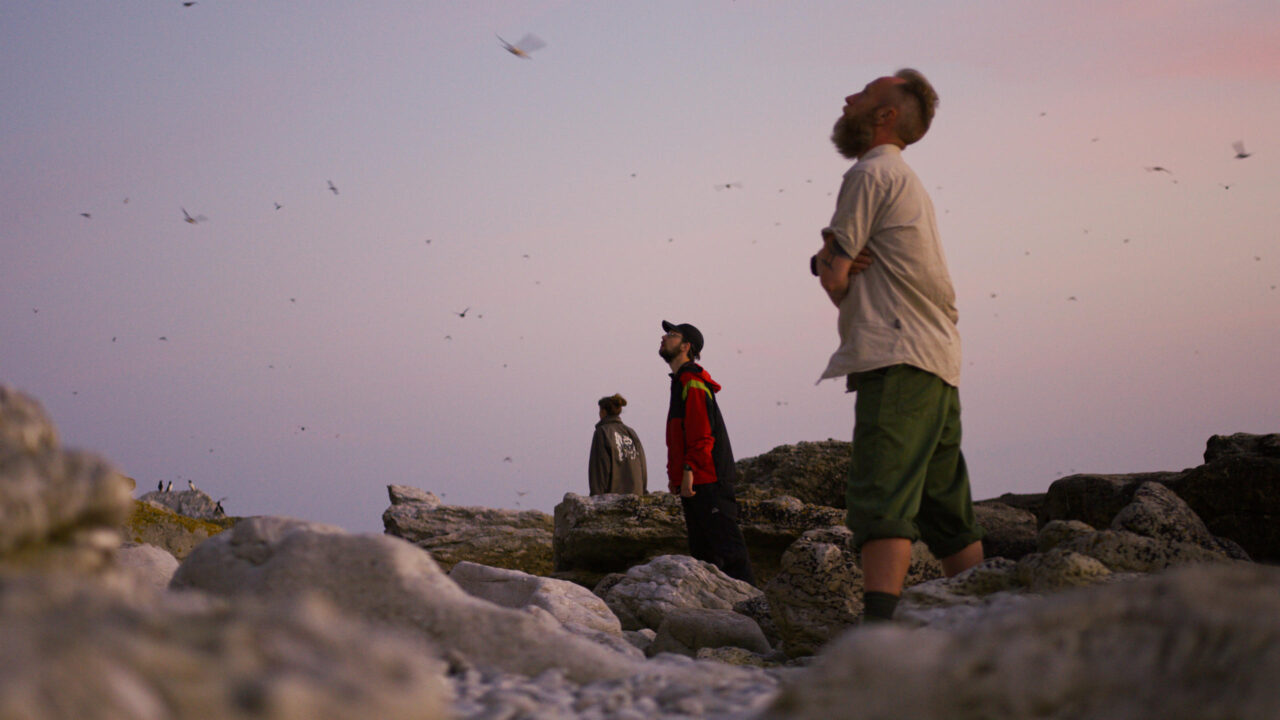
The sound on the beach is deafening. Using the word cacophony feels enticing, but on reflection, symphony feels like the right choice of words. On Stora Karlsö, the birds live in symbiosis with each other
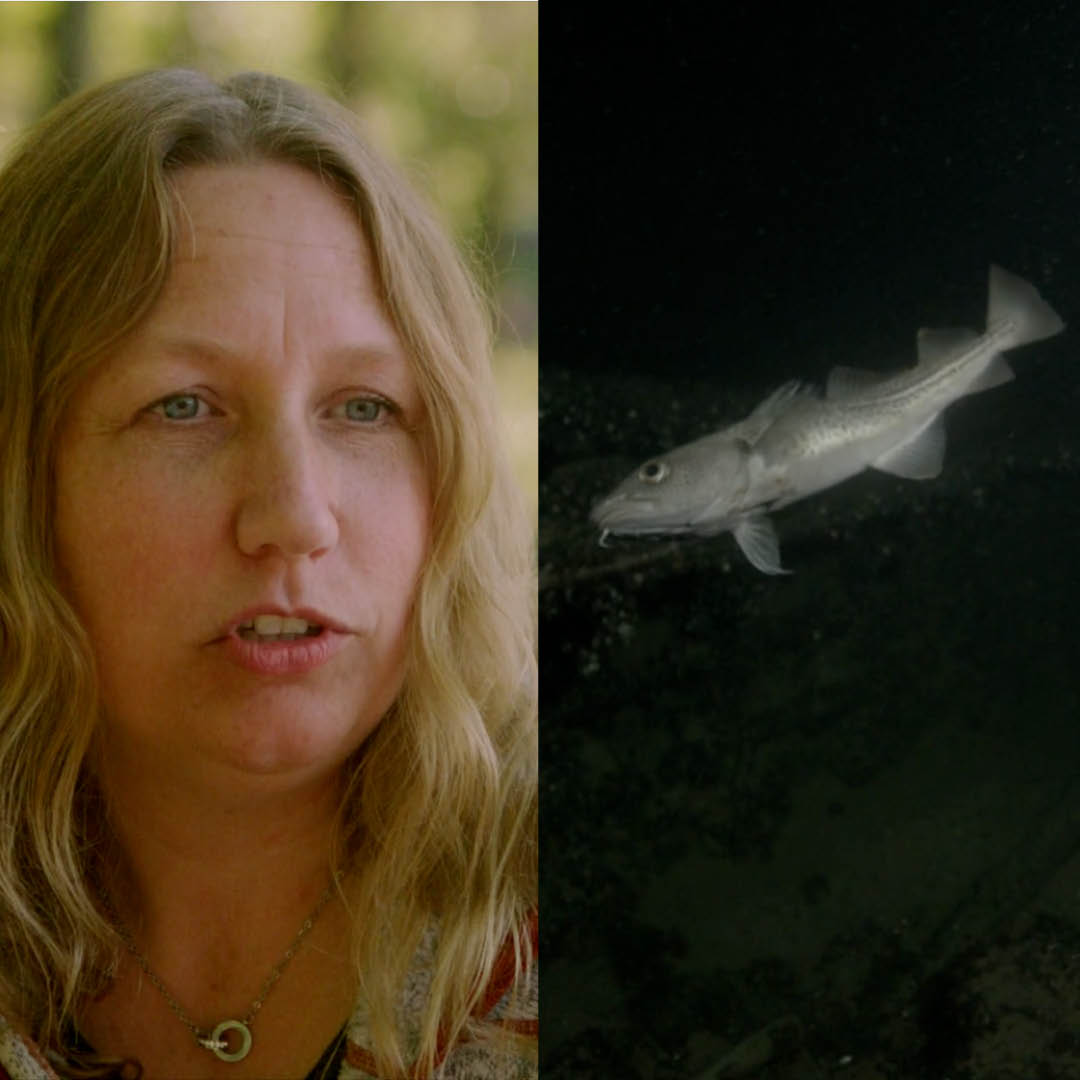
For a long time, scientists, fishermen and the general public have asked themselves: Why has Baltic cod become so small? Now, maybe new research can provide an answer

It can be difficult to distinguish between the different fish in a large shoal in the sea. But the researchers agree that they are teachable individuals, and that they are fully capable of feeling pain
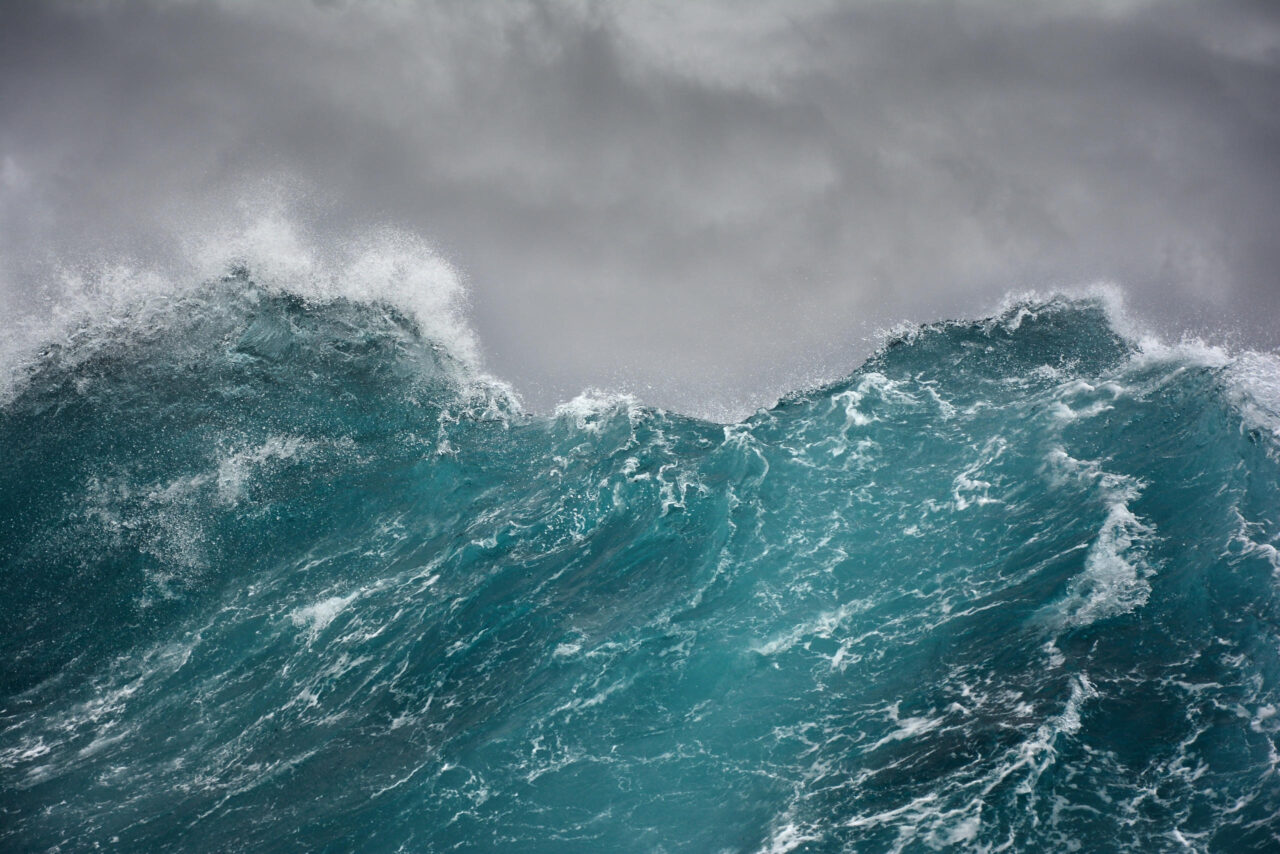
78 scientists in petition to protect the oceans
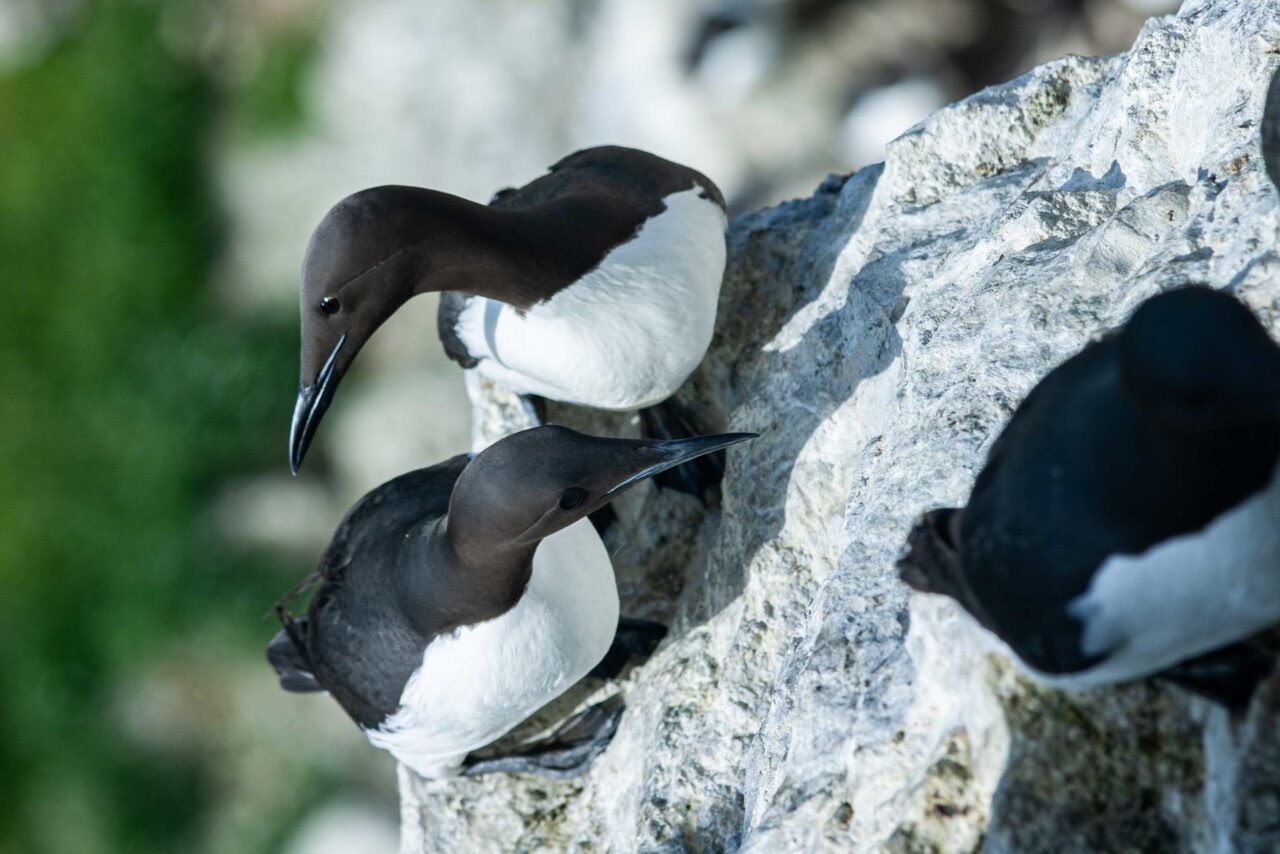
When society was put on pause during the pandemic, many people's opinion was that nature and wildlife would now have a chance to recover. But for the herring pigs on Stora Karlsö, it was the other way around – the missing tourists
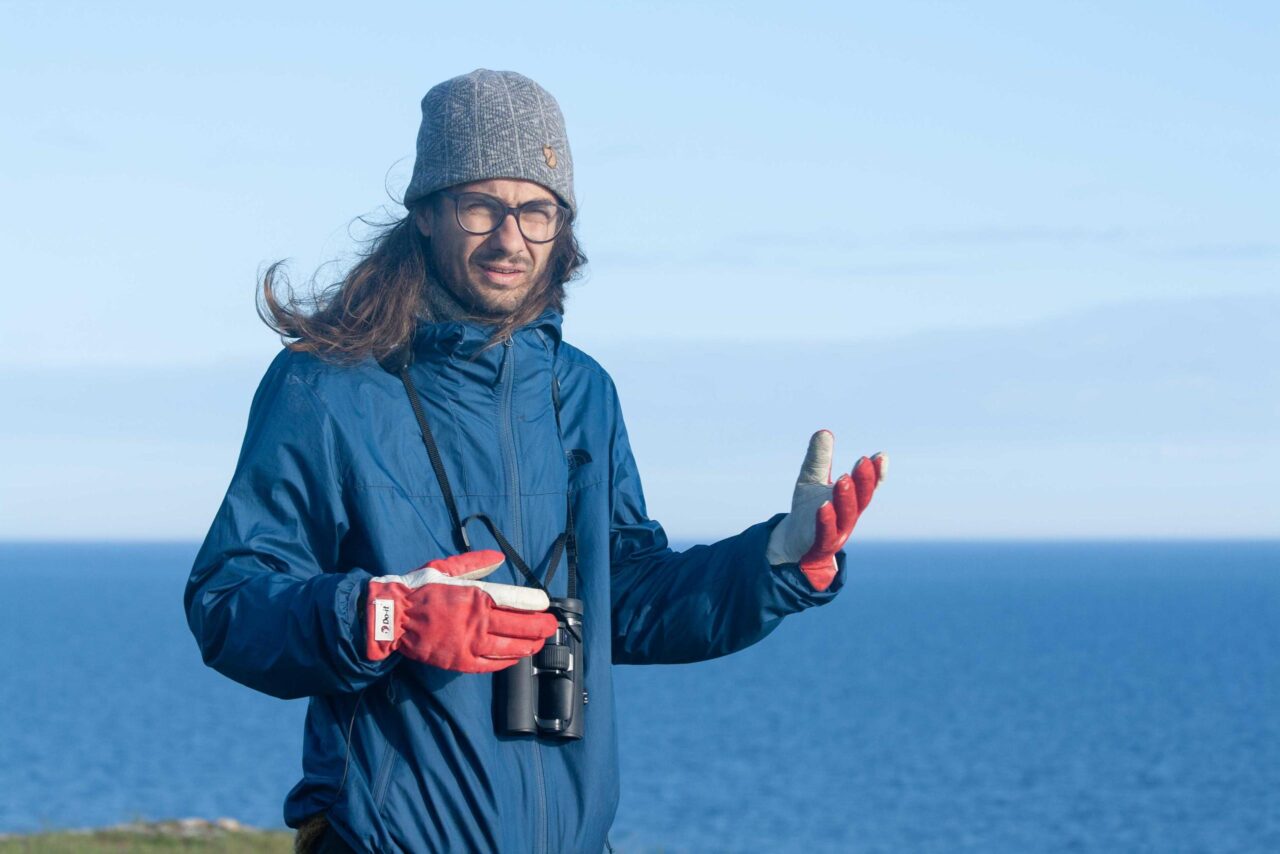
Jonas Hentati Sundberg is a marine biologist and has been researching guillemots, on Stora Karlsö, for almost two decades. When the island was closed down to tourists during the pandemic, he discovered something fascinating: The guillemots needed the tourists to survive

The Swedish Museum of Natural History has released a new report showing that the porpoise population in the Baltic Sea may be recovering. The porpoise, the Baltic Sea's only whale, is critically endangered and today only 500 individuals remain

E-DNA has been used to, among other things, track the spread of the coronavirus in our wastewater – now researchers are testing the method on pike
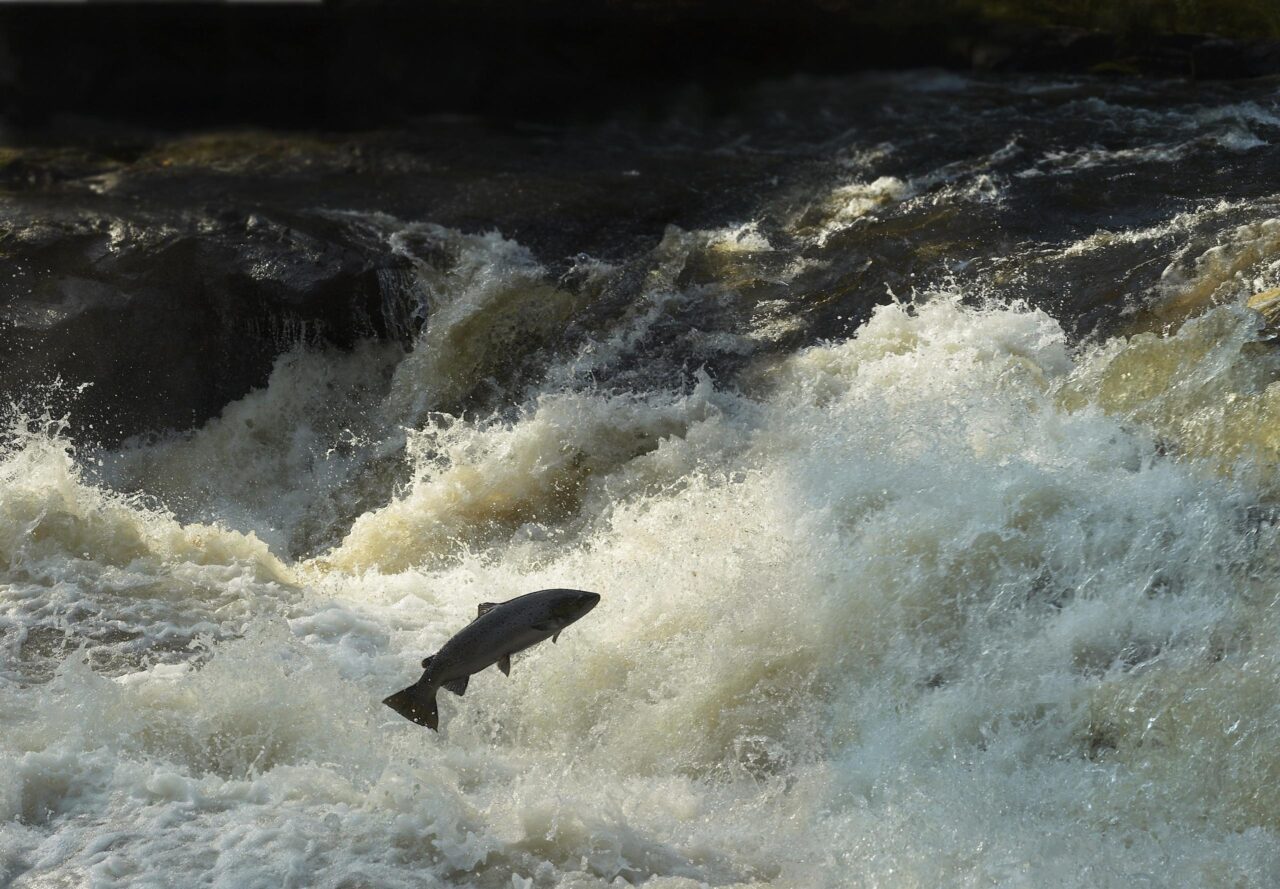
The release of farmed salmon has affected the wild salmon stocks, according to a new study from (SLU)

Millions of Swedish recreational fishermen want to save endangered species by releasing caught fish, so-called catch-and-release. But what happens to all those fish that are hooked, photographed and released back? The issue of whether fish feel pain is a controversial topic, not least among anglers